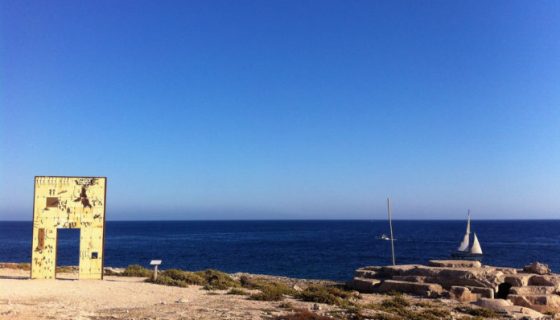- Mediterranean Hope - Federazione delle chiese evangeliche in Italia
- mh@fcei.it
Greece-Africa: the loan trap
by Raffaele Mastro – blog BuongiornoAfrica The outcome of the endless negotiations with Greece also concerns Africa. At the end of the negotiations and with Greece beaten, this link is more evident than ever. Many African economies, which until recently were called dynamic and fast growing, are now at a standstill. Angola, Ghana, Mozambique and other African “lions” have had to resort to loans from the World Bank and International Monetary Fund. Nothing serious, these countries are still promising in strict economic terms. But these loans are already a mortgage. There is interest, the so-called debt service, but there are also the political interests with which they are granted. The big supranational economic organisations such as the World Bank and IMF grant these loans in exchange for reforms, restructuring, privatizations, job interventions, and they are more than willing to generously grant further loans in case of inability to pay the instalments. Greece (which nevertheless must take its responsibilities) has fallen into this trap and all developing countries in Africa and the world are also likely to fall into it. Or at least those that decide to grow within the framework of an economy governed by a few strong economies. What alternatives are there? Not many, except those to review, in economic terms, categories, principles and ruling dogmas. For example, growth is not only a numerical or monetary increase of the GDP but also an equal distribution of wealth. A virtuous economy is not one that changes the face of cities with skyscrapers, stadiums, airports, shopping centres, but one that creates internal companies that can manufacture items for exporting, perhaps with the use of local raw materials (agricultural or mining). An economy that works must create jobs and distribute salaries. It’s unfortunate that international loans are not granted on the condition of developing an economy of this type, but on conditions that are exactly the opposite: austerity, privileged conditions for foreign investors, reduction in public spending, economic restrictions and, indeed, employment restrictions. If these recipes subsequently don’t work (or if current governments pocket some of that money), no problem: in exchange for further cuts, restrictions, reductions you can obtain more loans… and still more loans… Let’s make an assumption: if the loans to African countries were granted in exchange for increasing access to education, clean water and health care. In exchange for a reduction in infant mortality and mortality from preventable diseases such as malaria and tuberculosis, what would happen? With the European recipes, Greece will now have its loans. It will not exit the euro but all those parameters will worsen. It is the loan trap where, thanks to the Greek example, African countries (if they had enlightened political classes) may not fall. link : http://www.buongiornoafrica.it/grecia-africa-la-trappola-dei-prestiti/4800




